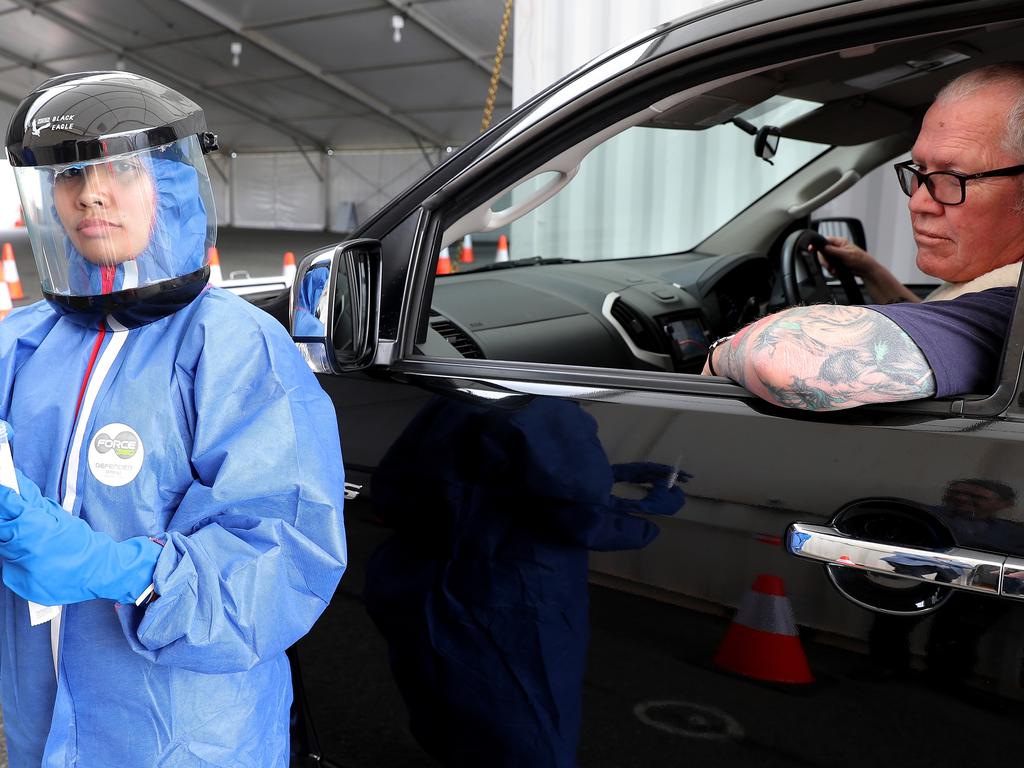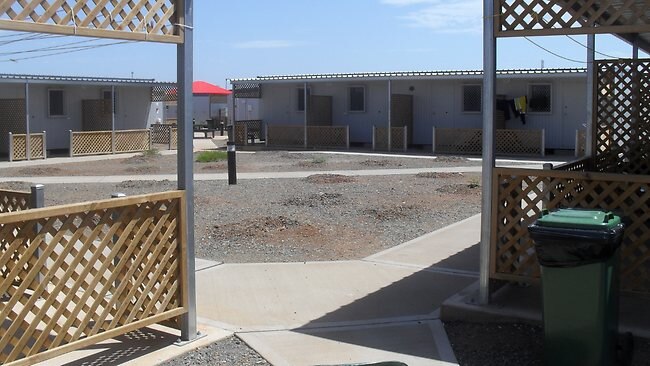Fly in, don’t fly out: COVID rosters take toll on miners
Miners are doing it tough, with 40 per cent of fly-in, fly-out workers reporting psychological distress.

Western Australia’s miners may have kept their jobs during the lockdown but many are paying a high price in mental illness, with 40 per cent of fly-in, fly-out workers reporting psychological distress — up from 33 per cent before the pandemic.
Research from Curtin University has found an increased risk of suicide among miners following the introduction of isolation and quarantine measures to allow the state’s resources industry to continue to operate.
Research leader Sharon Parker called on companies to address FIFO rosters, which often doubled during the lockdown, with some employees spending up to four or six weeks on site at a stretch in an effort to minimise movements.
She said that while the results were preliminary, they confirmed fears shared by her and co-researchers Jess Gilbert, of Curtin University, and Laura Fruhen, of the University of Western Australia, that mental health had worsened for an “already vulnerable group of workers”.
There are about 60,000 FIFO workers in WA, of whom about 6000 are from interstate. This group has been badly affected because the closed border has left some marooned in WA for months, unable to leave and return without spending 14 days in quarantine. Local workers, too, were hit by longer rosters and more time away from home.
Professor Parker, director of the Centre for Transformative Work Design, stressed the results were preliminary and the sample small at 275 workers, but said the evidence around suicide was “worrying”. “In our previous research (a major 2018 study) we found suicide risk was higher for this group of workers compared to Australian norms, so there was already cause for concern,” she said.
“Our preliminary analyses for the FIFO workers during COVID-19 suggest that many more workers are at risk than was even the case shown in our previous research, which is worrying. We urge companies, unions, family and friends to do all they can to support FIFO workers who are away on site at this time.”
Professor Parker said many companies tried hard to support staff but more was needed because FIFO was here to stay.
“We are trying to move away from this debate of should there be FIFO or not,” she said. “There needs to be FIFO, so the question is, do we have to just accept that a third of all workers will face mental health challenges or are there things we can do about it? The evidence is very clear that if you create more positive cultures, decent rosters, more social support, people’s mental health is better.”
She said rostering was an issue companies could address. Pre-COVID rosters were between two and three weeks on site at a stretch. “Pre-COVID … we spent a lot of time debating with the chamber of commerce about having better rosters, such as one week on, one week off,” she said. “We got a lot of push back from industry because … there is a cost implication for that roster.”
She said many workers feared raising concerns about mental ill health because they thought it would harm their career or change the way they were viewed.
Lifeline 13 11 14








To join the conversation, please log in. Don't have an account? Register
Join the conversation, you are commenting as Logout